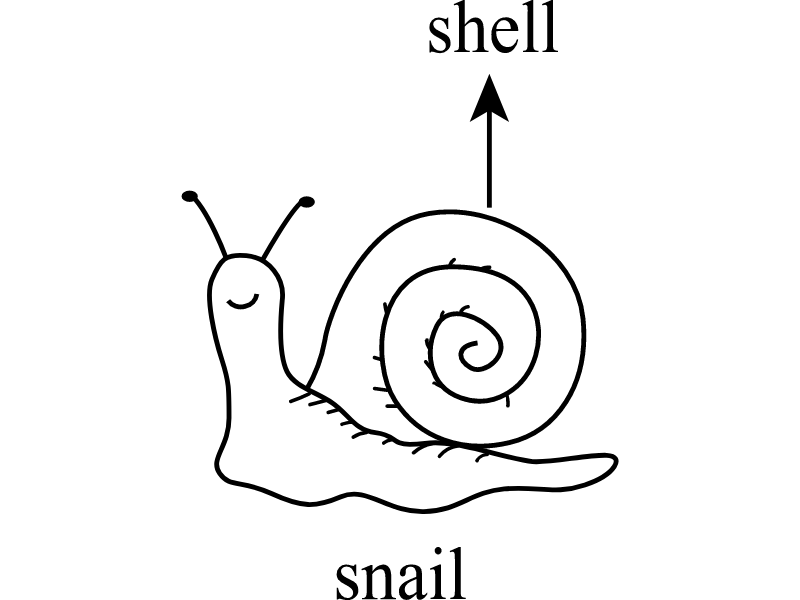17. Nature and culture are often seen as opposite ideas. What belongs to nature cannot be the result of human activities and, on the other hand, cultural development is achieved against nature. However, this is not the only opinion on the relationship between nature and culture. Studies in the development of humans suggest that culture, whether taken as an effort against nature or a natural effort, is part of the development of the human species (物种).
Several modern writers saw the process of education as a struggle (斗争) against human nature. We are born with wild natures, such as eating and behaving in a disorganized way or acting selfishly. Education uses culture as a way to get us out of our wildest natures; it is thanks to culture that the human species could learn to adapt (适应), progress and raise itself above and beyond other species.
Over the past century and a half, however, studies in the history of human development have shown that the formation of culture is part of the biological adaptation. Consider, for example, hunting (打猎). It seems to be an adaptation, which allowed humans to move into new and different areas, opening up the opportunity to change living habits. At the same time, the development of weapons (武器) is related to that adaptation— from rocks and stones to a set of hunting tools, and from hunting tools to rules relating to the proper use of weapons. Hunting also seems to be responsible for a whole set of bodily abilities, such as balancing on one foot. Just think of how this very simple thing is closely related to dance, a key expression of human culture. It is then clear that biological development and cultural development are closely tied.
The
transmission of culture seems to be directly related to what's in our blood. Just as snails carry their shell, so do we bring along our culture. However, culture is also passed on among people of the same times or among people belonging to different populations. We can learn how to make
jiaozi even if we were born from Russian parents in Paris just as we can learn how to speak English even if none of our family or friends speaks that language.









